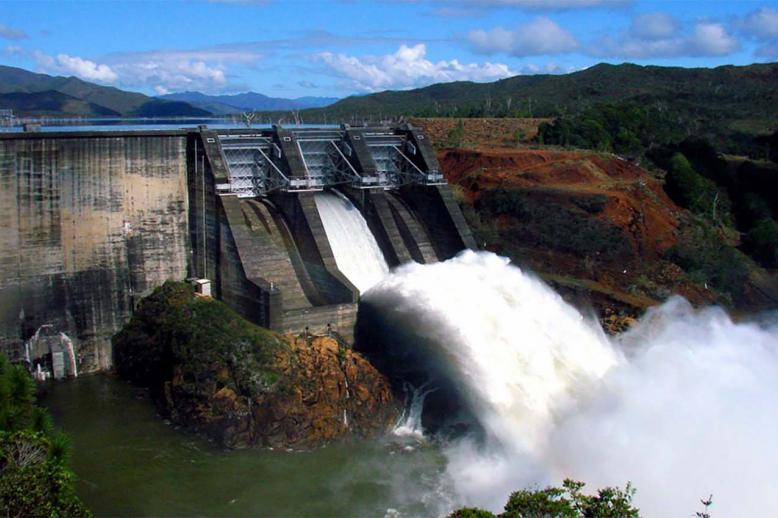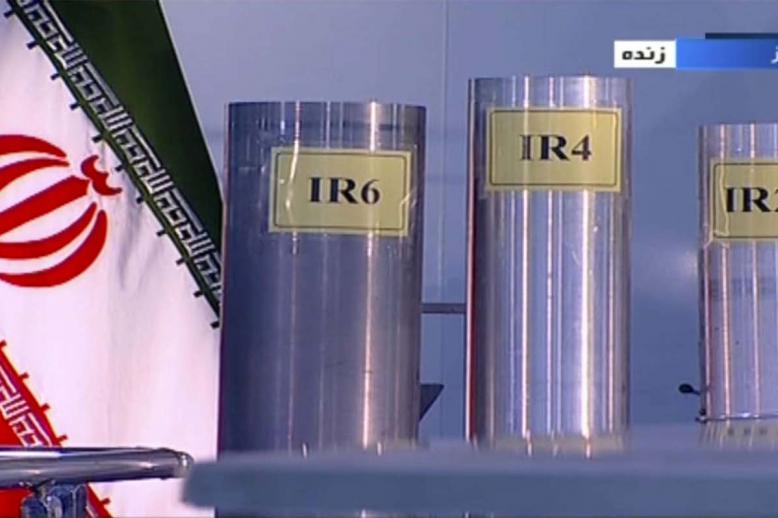The Southern Transitional Council has not just parachuted into the Yemeni crisis
Aden, where to? This question becomes relevant after the capture of the city and its most important installations and government buildings by forces of the Southern Transitional Council, which took advantage of the failure of the Yemeni interim government, also known as the “legitimacy camp,” to provide adequate protection to it.
The interim government was supposed to be present in the interim capital, Aden, but it has shined only by its flagrant and irresponsible absence from the city, leaving it wide open for the return of the Houthis with the malicious complicity of al-Qaeda and the Muslim Brotherhood. Both of the latter would have preferred to see the stagnant status quo in Yemen go on until the day they could strike a deal with the Iran-sponsored Houthis.
In this sense, the move by the Southern Transitional Council (STC) in Aden can be seen as aimed at defending the “legitimacy camp,” or whatever was left of it, and a move to prevent the return of the Houthis to the capital of southern Yemen after their expulsion in 2015.
Emirati forces, part of the Saudi-led coalition, drove the Houthis out of Aden after they had been in the city for a few months. On September 21, 2014, the Houthis had seized Sana’a and signed a peace and cooperation agreement with Yemeni President Abd Rabbo Mansour Hadi and the UN secretary-general’s envoy to Yemen at the time, Jamal Benomar.
What we have learnt from developments in Yemen during the past ten years more than anything else is the great extent of collusion between the Houthis and the Muslim Brotherhood represented by al-Islah party. We cannot ignore Hadi’s tireless pursuit of a power-sharing deal with the Houthis. The man gave up hope for such a deal only after the Houthis had placed him under house arrest.
Anyone who has any doubt about this can go back to the circumstances that accompanied the Houthis’ takeover of Sana’a. Hadi had, at the time, refused to defend the city, pretexting that it was the former President Ali Abdullah Saleh’s battle, not his.
He did not stop the Houthis at Amran governorate, which was considered the gateway to Sana’a. Worse than that, he hailed the fall of Brigade 310, which was commanded by Brigadier-General Hamid al-Qushaibi. The latter was affiliated with the current vice-president, General Ali Mohsen Saleh al-Ahmar — in other words, the Muslim Brotherhood.
Let’s not forget that the Brotherhood played a major role in facilitating the expansion of the Houthis outside of Saada District after they overthrew the Saleh regime in 2011, hoping to take control of the country.
The Brotherhood never needed to openly ally itself with the Houthis. There were even public confrontations between the two sides. All that the Brotherhood had done was in the interest of Iran’s proxies, the Houthis. They have had secret relations with Qatar since the latter mediated the conflict between them and Saleh during the six wars between the two sides from 2004-10.
In fact, the mediation ceased in 2007 and the Qataris sided with the Houthis after Saleh had failed them at the end of 2008 and refused to attend the Arab summit in Doha called by Sheikh Hamad bin Khalifa al-Thani, then emir of Qatar.
It was about the same time and for the same reason that the relationship between the Yemeni Muslim Brothers and Qatar deepened out of spite for Saleh, whom Sheikh Hamad considered a backstabber.
Recent events in Aden laid bare the negligence of the “legitimacy camp.” The STC, which has its own forces, seems to have decided that it cannot rely on anyone to protect the city, especially following the bombings in Aden that killed a senior military commander of the council’s Security Belt Forces.
Those bombings established three things: the close coordination between the Houthis and al-Qaeda, the implication of the Muslim Brothers, who are waiting in the wings for the ripe moment to pounce on Aden and the obvious weakness of the forces belonging to Hadi and his son Nasser.
In the final analysis, the “legitimacy” forces were mere militias originating from Abyan province, the home region of Yemeni president, with which the people of Aden and surrounding areas had a long history of conflict and hostility (most notably in 1986), especially the military personnel from the Lahji governorate or Dhale governorate and their districts.
Above all of those considerations, the STC had no trust in a president whose son Nasser was leading a regional militia in Aden, while his other son, Jalal, was involved in trade in Aden and was committing acts of violation and humiliation similar to the ones committed by Saleh’s army officers following their invasion and occupation of Aden in 1994.
The STC’s move was necessary to prove there are still people who want to protect Aden and prevent the return of the Houthis, while being deeply aware that Hadi is more interested in business dealings above anything else, given that he has become the puppet of businessman Ahmed al-Essa and that the Muslim Brothers want nothing but to please Qatar and Turkey and to share power with the Houthis.
Some media reports depict the southerners who are leading the STC as if they were adventurers who had parachuted into the Yemeni crisis and its related conflicts. If these southerners are calling for the secession of the South, it is not just for the sake of secession but as a reaction to a flimsy political system that wants to impose a model of political Islam going by the name of “al-Islah” (Reform) while nominally refusing a second model of political Islam called the Houthis.
Southern Yemenis have been compelled to submit and bear in silence the situation imposed on them under different patriotic labels. Is it patriotic for al-Islah party to oppress the people of a fundamental part of Yemen and just repeat the bitter experience of the post-1994 period?
Certainly, the southern Yemen case is different from that of other separatist movements and no one can make that comparison unless he or she intends to defend the false nationalism of both the Houthis and al-Islah party.
To characterise the recent developments in southern Yemen as a naive, instinctive and non-nationalist separatist project neglects to consider crucial elements of regional security in that vital part of the world. All one must do is check which foreign power is driving al-Islah party to stand against the Arab coalition to discover who assigned it to oversee this important part of the Arab system.
There is a real need for a reassessment of priorities in the region and for reconsidering what elements contribute to enhancing the security of the region and to pinpoint who was primarily responsible for the situation in Yemen.
Haitham El-Zobaidi is chairman of Al Arab Publishing House. He is also chairman and publisher of The Arab Weekly and Al-Jadeed magazine.
This article was originally published in The Arab Weekly.







